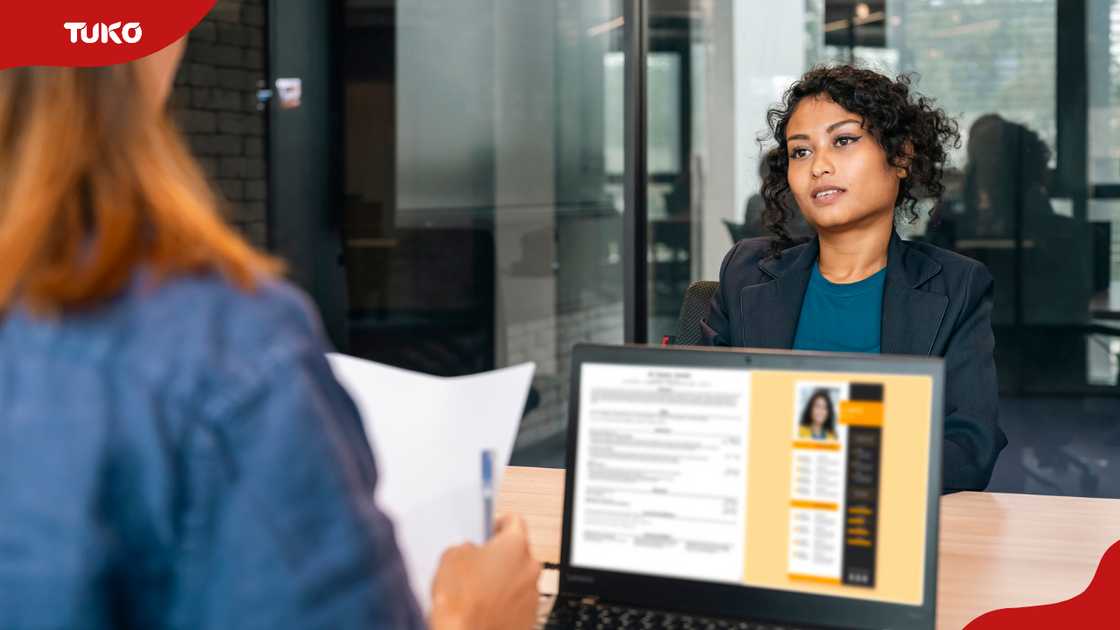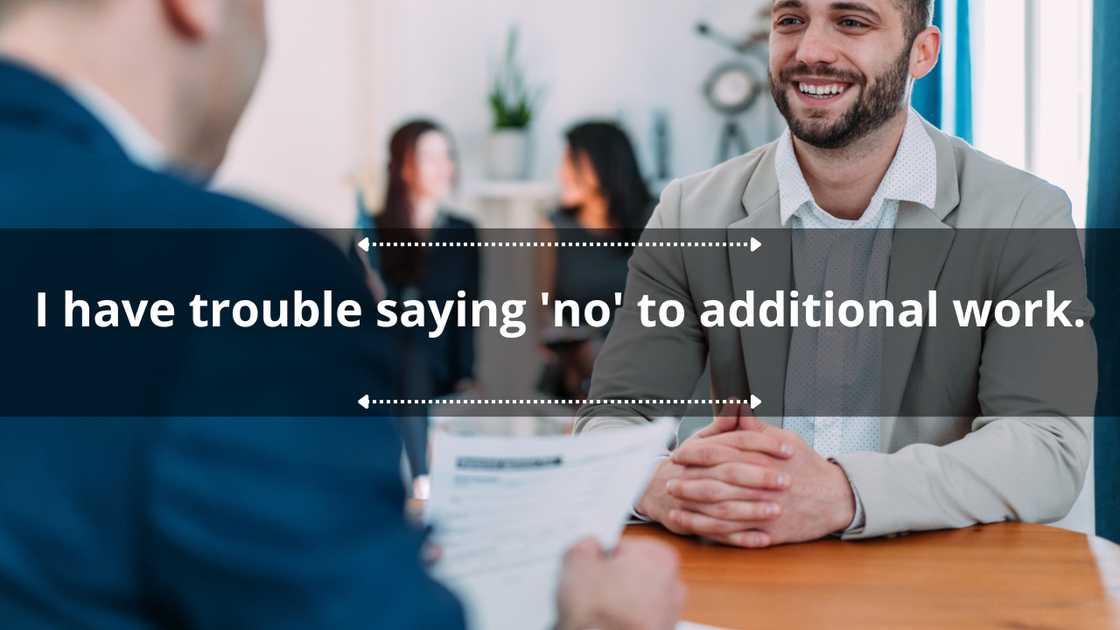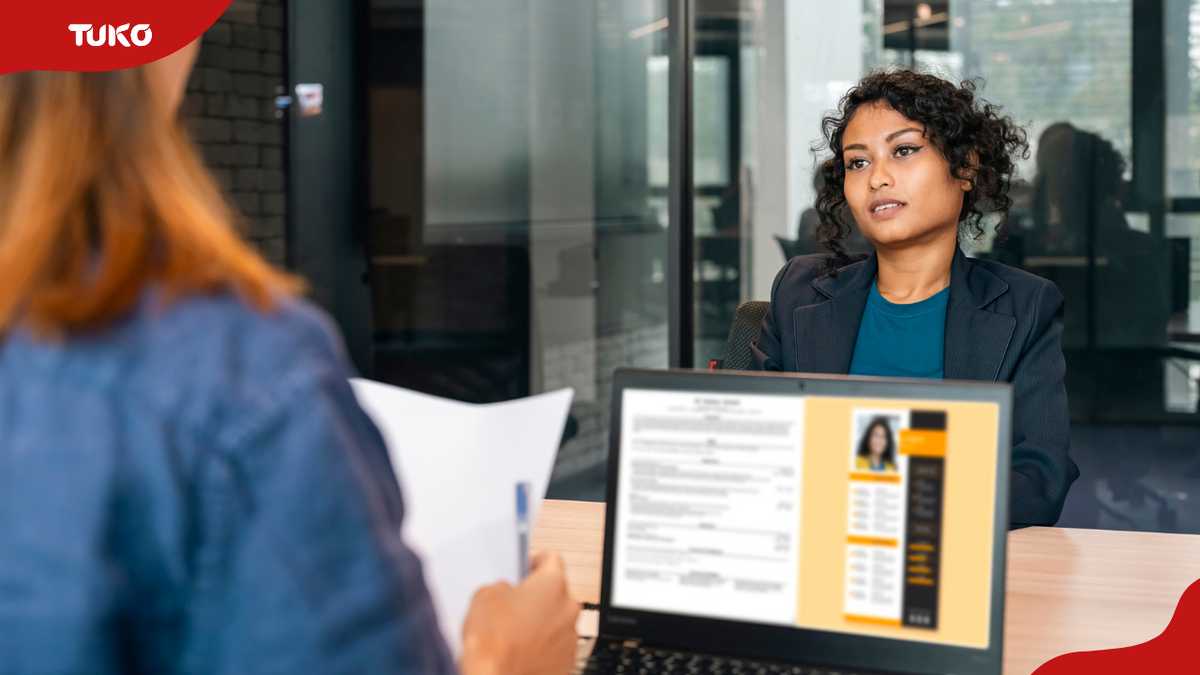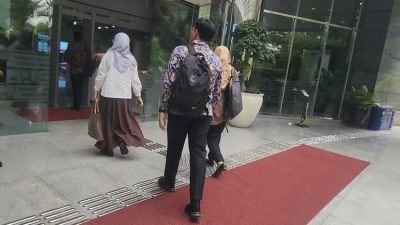The question ‘What are your weaknesses?’ can feel like a trap during a job interview. If you reveal too much, you might undermine your candidacy; if you say too little, you might appear evasive or insincere. Understanding how to answer ‘what are your weaknesses’ will help you make a
positive impression while being honest and self-aware
.

Key takeaways
- Avoid overly negative traits that could hurt your chances, but be honest about an area where you’ve struggled.
- Mention the steps you’re taking to overcome the weakness, such as training, practice, or mentorship.
- Pick a weakness that won’t directly affect your ability to perform key responsibilities in the role.
- Explain how you’ve turned the weakness into a learning opportunity.
Best answers for what are your weaknesses
Are you looking for the best answer for what is your weakness? This question can be challenging. But it’s also an opportunity to show self-awareness, honesty, and a commitment to personal growth. Here are some examples of weaknesses for a job interview.
- I can be overly self-critical.
Sometimes, I spend too much time analysing my work, even when others are satisfied. I’ve been working on trusting my instincts and recognising when a task is complete.
- I have trouble saying ‘no’ to additional work.
I naturally want to be helpful, so I sometimes overextend myself. I’ve learned to prioritise tasks and communicate capacity clearly to maintain quality and balance.
- I used to avoid public speaking.
Speaking in front of groups made me nervous, but I’ve pushed myself to take on more presentation roles, and I’ve even completed a public speaking course to improve my confidence and delivery.
- I get impatient with delays.
I can feel frustrated when projects stall, especially if it’s out of my control. I’ve learned to focus on what I can influence and stay proactive during downtime.

- I can be too detail-oriented.
I like things to be just right, but I’ve realised that perfectionism can slow me down. I’m learning to balance precision with efficiency, especially when timelines are tight.
- I sometimes hesitate to delegate.
I’m used to taking ownership, but I’ve learned that trusting others with tasks lightens my load and helps the whole team grow. I’m now more intentional about sharing responsibilities.
- I lacked confidence early in my career.
I’d hold back on sharing ideas in the past, but mentorship and experience have taught me that my voice has value. Now, I speak up more often and contribute meaningfully in team settings.
- I’m not naturally great at networking.
I used to struggle with professional networking because I’m more introverted. But I’ve pushed myself to attend events and initiate conversations, and it’s gotten easier with practice.
- I used to avoid confrontation.
I would shy away from giving constructive feedback. I approach it with preparation and empathy, understanding that honest communication strengthens team performance.
- I’ve struggled with time management in the past.
Earlier in my career, juggling multiple tasks could get overwhelming. I’ve since adopted tools like time-blocking and prioritisation frameworks, and my productivity has improved significantly.
Weaknesses that are strengths
Sharing weaknesses can be hard during job interviews because you don’t want to hurt your chances. However, you should focus on weaknesses that are strengths in disguise. They’ll indirectly reveal your valuable qualities like dedication, independence, or attention to detail. Here are the weaknesses to say in a job interview.
Being too independent
It demonstrates initiative, self-motivation, and problem-solving skills.
I like to figure things out independently, which has helped me solve problems efficiently. However, I’ve learned the value of collaboration and now try to engage with team members earlier.
Overanalysing decisions
It shows thoughtfulness and a desire to make the best possible choices.
I analyse decisions carefully to avoid mistakes. While that helps with accuracy, I’m learning to balance analysis with efficiency, especially when quick decisions are needed.
Struggling with ambiguity
It shows you thrive with structure and aim for clarity and quality.
I work best with clear direction and structure, so ambiguity is sometimes challenging. However, I’ve developed strategies to ask the right questions and take initiative when things aren’t fully defined.

Focusing too much on one task
It shows you have a strong focus and deep engagement with your work.
I can get immersed in a task, which helps me deliver thorough work. But I’ve learned to check in more often and use time-blocking to balance priorities effectively.
Being overly modest
It reflects humility and a team-first mentality.
I’m naturally modest and tend to focus on the team’s success rather than mine. I’ve learned that sharing my contributions is essential, too, so I’m working on striking that balance.
What do interviewers look for in a weakness answer?
When interviewers ask, “What are your greatest weaknesses?” they’re not trying to trick you. They want to know how self-aware, honest, and growth-oriented you are. It’s less about the specific flaw you mention and more about how you handle it. Here’s what interviewers are looking for when they ask about your weaknesses:
Self-awareness
Employers want to know that you can recognise your limitations. It shows maturity and a realistic understanding of your working style.
Honesty
A genuine answer (not a cliché or overly polished response) builds trust. Interviewers respect candidates who are open about areas they’re working on.
Accountability
They want to see that you own your weakness instead of blaming others or external factors. Taking responsibility is a key trait of a reliable employee.
Growth mindset
Interviewers look for candidates who show they’ve taken steps to improve their weaknesses. Your answer should demonstrate resilience and a willingness to learn.

Professionalism
The way you talk about your weakness should be constructive and mature. Avoid emotional language or excuses.
Final word
Understanding how to answer ‘what are your weaknesses’ is essential for making a positive impression in an interview. Choose a genuine but manageable weakness, demonstrate self-awareness, and highlight your improvement efforts.
.co.ke has published an article about how to answer why you are looking for a new job in an interview. Most employers ask this question to understand your motivations. Therefore, your answer should highlight your enthusiasm for the future rather than dwell on past negatives. Read this article for the best tips.













